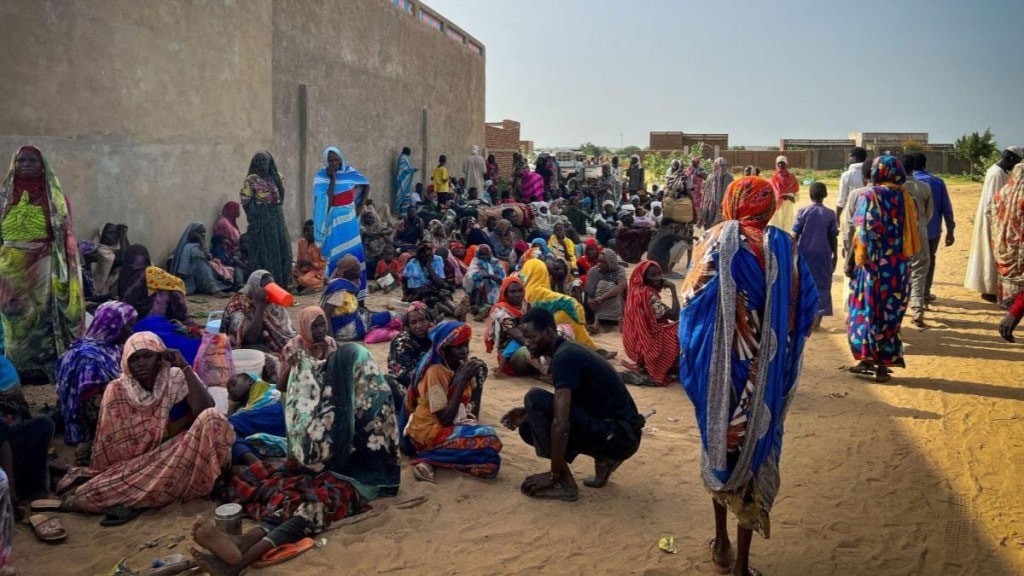Sudan finds itself engulfed in a raging conflict, forcing a staggering 3.1 million individuals from their homes, including over 700,000 who sought refuge in neighbouring countries, according to the United Nations. Disturbingly, concerns are mounting as the nation teeters on the edge of a “full-scale civil war”.
The turmoil in Sudan erupted in mid-April, with long-standing tensions between the military and the paramilitary Rapid Support Forces (RSF) finally erupting into violent clashes in the capital, Khartoum, and other regions across the northeastern African nation.
This conflict has derailed Sudan’s aspirations of achieving a delicate transition to democracy. Such hopes had blossomed after a popular uprising led to the removal of the longtime dictator, Omar al-Bashir, in April 2019. However, in October 2021, a military-led coup, aided by the RSF, disrupted the democratic process.
Widespread displacement crisis
The International Organisation for Migration (IOM) reports that over 2.4 million people have been uprooted from their homes, seeking safety within Sudan itself. Additionally, approximately 738,000 individuals have crossed into neighbouring countries. Egypt has become the primary host for the displaced, providing sanctuary for more than 255,500 people. Chad follows closely, accommodating over 238,000, with South Sudan sheltering around 160,800. The IOM also notes that more than 62,000 have sought refuge in Ethiopia, over 16,700 in the Central African Republic, and approximately 3,000 in Libya.
Of those displaced within Sudan, 72% originate from Khartoum, while around 9% come from West Darfur province—both areas serving as epicentres for the clashes, according to the IOM. Moreover, the organisation reveals that 65% of those seeking refuge in neighbouring countries are Sudanese nationals, with the remaining individuals comprising foreigners and refugees forced to return to their home countries.
Mounting casualties and stifled aid efforts
The clashes have inflicted heavy casualties, with Health Minister Haitham Mohammed Ibrahim reporting over 3,000 deaths and more than 6,000 injuries in televised remarks last month. However, it is widely believed that the true toll is much higher, as asserted by medical professionals and activists.
Despite international and regional efforts, a negotiated cease-fire has proven elusive, and humanitarian agencies continue to face obstacles in providing vital support to trapped civilians. United Nations Secretary-General Antonio Guterres issued a grave warning over the weekend, cautioning that Sudan is perilously close to plunging into a “full-scale civil war.”
